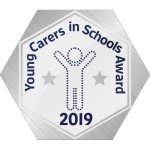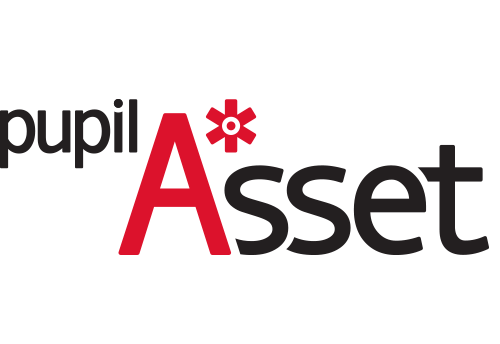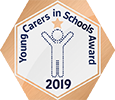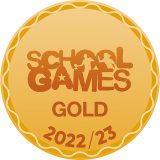“Les amateurs appellent ça du génie. Les maîtres appellent cela la pratique.”
“Amateurs call it genius. Masters call it practise.” Thierry Henry
Intent
French is an entitlement for our pupils and accessible to all.
At Kessingland Church of England Primary Academy, our MFL curriculum aims to provide all pupils with a high-quality foreign language education that engrosses and inspires children to develop a life-long love of language. The curriculum provides opportunities for children to build and develop the skills needed to effectively communicate in French for practical purposes, using both written and spoken French. At our school, we follow a broad and balanced French curriculum that scaffolds previous learning and provides both support and challenge for all learners. We want our children to celebrate and welcome differences in our world, as it is vital they have an understanding of different languages and countries. By exposing our children to this they will have an ability to show respect and become a valuable member of our global society.
Implementation
To ensure high standards of teaching and learning in French, our curriculum is progressive throughout the whole school.
Key Concepts: Speaking and Pronunciation, Listening, Reading, Grammar, Writing, Intercultural Understanding.
Domains of Knowledge: Greetings, Classroom instructions, Numbers and time, Days and months of the year, My family, Weather, Colours, Animals, Food, Songs and stories in French, The French speaking world.
In KS2, pupils are introduced to French from Year 3 and receive a weekly 30-minute lesson. This enables the children to develop early language acquisition skills that facilitate their understanding of the patterns of language and how these differ from, or are similar to, English. Our school has implemented the Kapow French scheme of work, to provide our teachers, with varying levels of French, with a weekly plan to ensure that French is taught with accuracy and confidence.
The resources include:
- Access to sound files to help with pronunciation
- Detailed lesson plans to ensure progression
- Poems, rhymes and songs to enable repetition of skills
- PowerPoint presentations to enable effective teaching
- Access to writing opportunities
During the lesson, pupils are given opportunities to communicate for practical purposes, using familiar subjects and routines. They are provided with opportunities for communication in both spoken and written French, developing oral skills first, before incorporating written French later on. The spiral curriculum revisits key skills and vocabulary, allowing the pupils to revise and build on their previous learning. Lessons incorporate a range of teaching strategies from independent tasks, paired and group work, including role-play, language games and language detective work. Every lesson is appropriately differentiated to ensure that the lessons can be accessed and enjoyed by all.
It covers the aims of the Languages programme of study as stated in the National Curriculum 2014. The scheme has an equal balance of spoken and written French and the resources provided model good pronunciation, which supports all staff.
Enrichment:
The school’s French curriculum is enriched through our themed French Days. These days enhance the children’s understanding of language and provides them with opportunities to apply previously learned language in real life scenarios.
Impact
The French curriculum builds towards five end points, describing what we want our pupils to achieve by the end of Year 6:
End point 1: Speaking and pronunciation
Engage in conversations using accurate pronunciation and intonation to a range of audiences.
End point 2: Listening
Listen attentively to spoken language and show an understanding by exploring the patterns and sounds of language.
End point 3: Reading
Broaden vocabulary by reading carefully and showing understanding of words, phrases and simple writing through stories, songs and poems.
End point 4: Grammar
Build sentences using basic grammar appropriate to the language using feminine, masculine and neuter forms of the language.
End point 5: Writing
Use familiar vocabulary in phrases and simple writing to express ideas clearly when describing people, places and things.
End point 6: Intercultural understanding
Provide an opening to other cultures. Foster curiosity and deepen understanding of the world.
French is assessed through the use of floor books. They are used to help teachers focus their teaching clearly and learn to enjoy French and understand language themselves. They are a window into the excitement, interest and deep thinking we want to promote in French.













